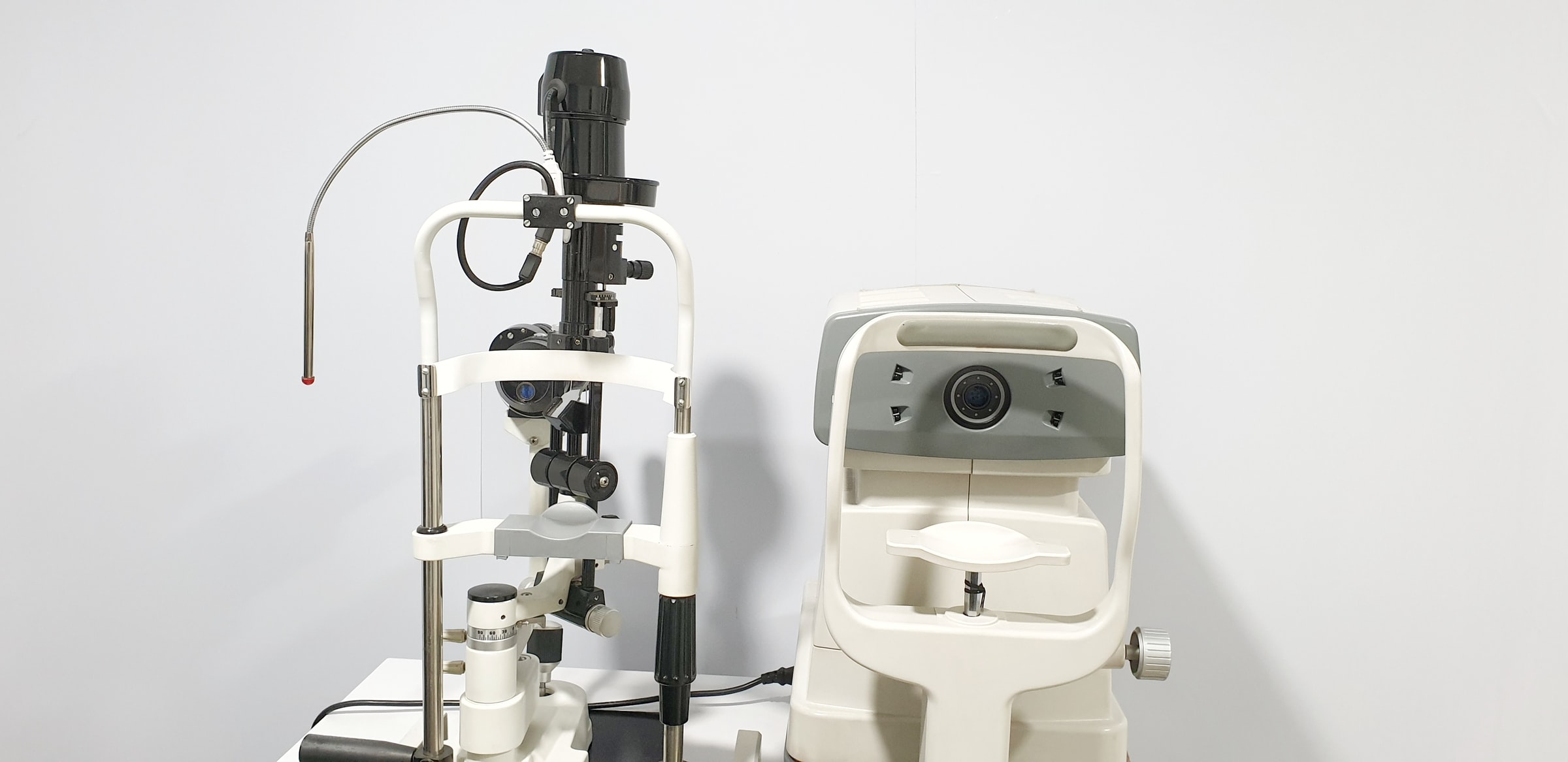
We may be headed for a more efficient society as AI and robotics streamline work in this country, but the closer we get to the automated future, the more anxiety there is among actual human workers. What will society do if automation leaves a huge portion of society under- or unemployed? There tends to be an optimistic attitude in tech, a general belief that outside-the-box thinking and innovation can solve many (if not all) of society’s ills. But can the tech world solve a problem caused by technological innovation with more technological innovation? It’s a question that keeps many MedTech app developers awake at night.
Sutton Trust, a UK-based nonprofit that focuses on issues of education and social mobility, released a report this week stating that rampant automation will worsen the existing income inequality problem around the world. The report zeroes in on the UK in particular, where an estimated 15 million jobs could be lost to robots or AI technology, but, as MedTech app developers already know, it’s an issue that all developed nations must face. According to the report, the wealthier classes will be far more adaptable in the automated world than the lower classes, leading to a wider gap between the rich and the poor. The affluent have picked up the necessary “soft skills” like confidence, communications, and motivation that are so necessary for survival in a tricky job market, and they have the means to go back to school to learn new skills. Those with lower incomes do not have the same advantages. It should be noted that it’s not just factory jobs that will go to the robots — hundreds of thousands of administrative jobs that are often a ticket into professional industries will be performed by AI.
So what can the tech world do to help society adjust to the wave of automation? Tech titans like Mark Zuckerberg and Sam Altman have spoken out in favor of universal basic income as a way to deal with the job losses that will surely come about thanks to advances in AI and robotics. There is also a lot of pushback to the idea that whole jobs would be wiped out by automation; many believe that specific tasks will be automated without eradicating the whole job. Like so many others in the tech community, London MedTech app developers are looking at the bright side of this potential “crisis.” Automation will push more people to try out careers in science and technology, especially if governments promote policies that encourage their populations to build STEM skills. That may be the most pragmatic solution — especially since there’s no stopping the automation train now that it’s out of the station and barreling down the track.





